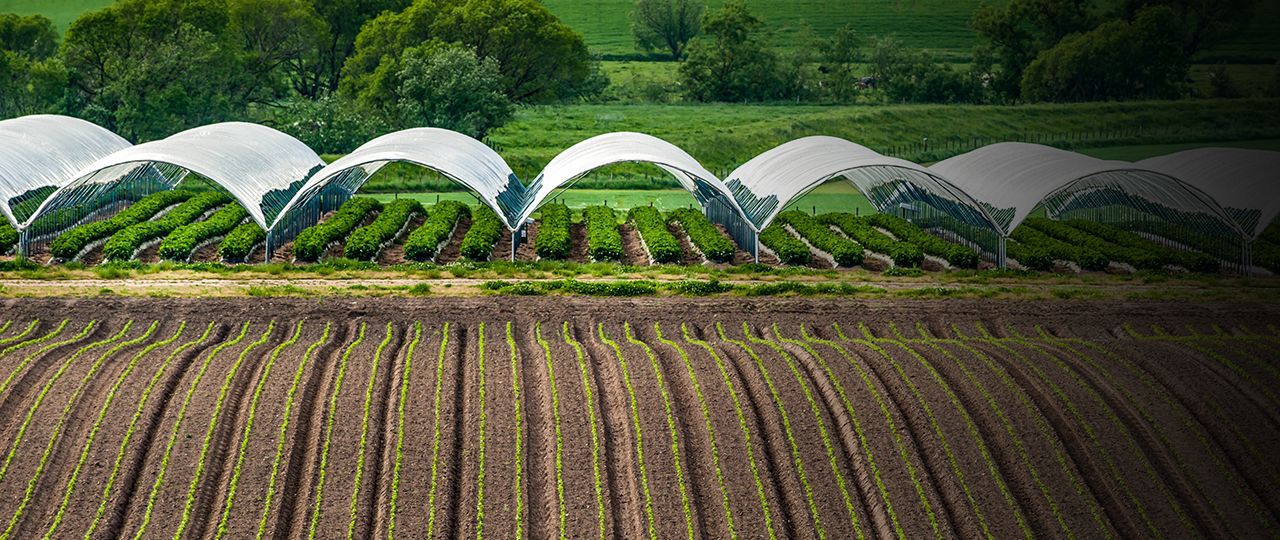Scottish Farming Update | Summer 2019
Welcome to this quarter’s Scottish Farming Update, which is produced by our Farming Research Group and reports on market and administrative issues that affect farmers’ business decisions and on which they may need to act.
Arable Crops
Global: Grains
The USDA and IGC (International Grains Council) are predicting an increase to global wheat production compared with last year. All of the major wheat exporters (Argentina, Australia, Canada, EU, Russia and Ukraine) are expected to have higher production for 2019/20. USDA’s forecast has ending stocks set to increase to a record 293 Million Tons (7% growth on last year’s stocks).
Coarse Grains (Maize, Barley, Sorghum, Oats, and Rye) are set for record production this year, but with a higher demand for imports around the world, global ending stocks could fall by 11.2 Million T. US maize has taken a hit from poor establishment conditions and delayed planting this spring.
The picture given by the IGC for global grain (wheat and coarse) stocks is a third consecutive annual depletion of global stocks to a five-year low of 588 Million tons, this is due to record demand against only a minor supply increase. Reports of heavy rains in the USA, and forecasted dry spells in in the Ukraine and Russia, affecting crop growth and planting, may prove to compound this issue further.
Global: Oilseeds
The USDA reports global oilseed production down on last year to 598 Million Tones, this is driven by a reduction in the soybean forecast which, despite a greater Brazilian crop, is due to lower production in the US (again driven by poor weather), Argentina, and Canada. The EU and India’s low rapeseed forecast crop is outweighed by a boost from the Ukraine and Australia, however a small 1% increase in global rapeseed production is not enough to outbalance the reduced soybean and sunflower seed crops (Sunflower seed crops for Turkey, Russia, and Ukraine are lower).
The US-China Trade war is likely to have an adverse global impact on the oilseed market, as China has been a major outlet for American soybean. With the added impact of African Swine Fever sweeping through China’s pig herd, the trade uncertainty has made the price of soybean plummet. The perfect storm of near-record USA stocks of soybean, low Chinese soybean demand, and large soybean crops coming out of South America will put downward pressure on all oilseed markets. The domestic picture of a particularly small oilseed rape 2019/20 crop in the UK and the wider EU (which was expected to provide favourable market conditions for new crop sales) will be marred by these wider market conditions.
UK
Wheat
UK wheat prices have been on a steady slide through the spring but have rallied recently on the back of poor maize planting conditions in the US. The rally has also been helped through late May and early June, as revised predictions of this season’s global production come in. The Pound sterling continues to be volatile due to uncertainty caused by government leadership change and the continued trials of Brexit.
Barley
With the Brexit date pushed back to 31st October, uncertainty about forward sales of malting barley continues, because of the issues this will cause with exports to Europe. The UK is also unlikely to export barley to China this year with African Swine Fever cutting demand. Domestic demand for old crop feed barley has been kept low by a sustained availability of maize for animal feed.
UK growers of malting barley, having been bitten last year by tough conditions and struggling to achieve the right quality, are now shy of committing to contracts for the 2019 crop. The current malting premium is good – £25 above feed barley for November.
Recent rains have helped winter and spring malting barley development. Spot prices for barley have been on a steady decline since the new year, and the ready availability of imported maize has put a low floor onto the feed barley market (this has led to the malting premium growing to £25/T above feed value).
Oilseed Rape
America’s poor planting conditions may now affect the Soybean production in the US too, as reports of delays to the soybean planting emerge. The trend through May for the Paris Rapeseed (Nov-19) futures market has been a slow climb, which surged further upwards following the reports from the US, as Soybean has been setting the global floor on the oilseed markets.
Also in this quarter’s update
- Livestock
- Fertiliser & Fuel
- Policy and regulation news
- Farm Business News






